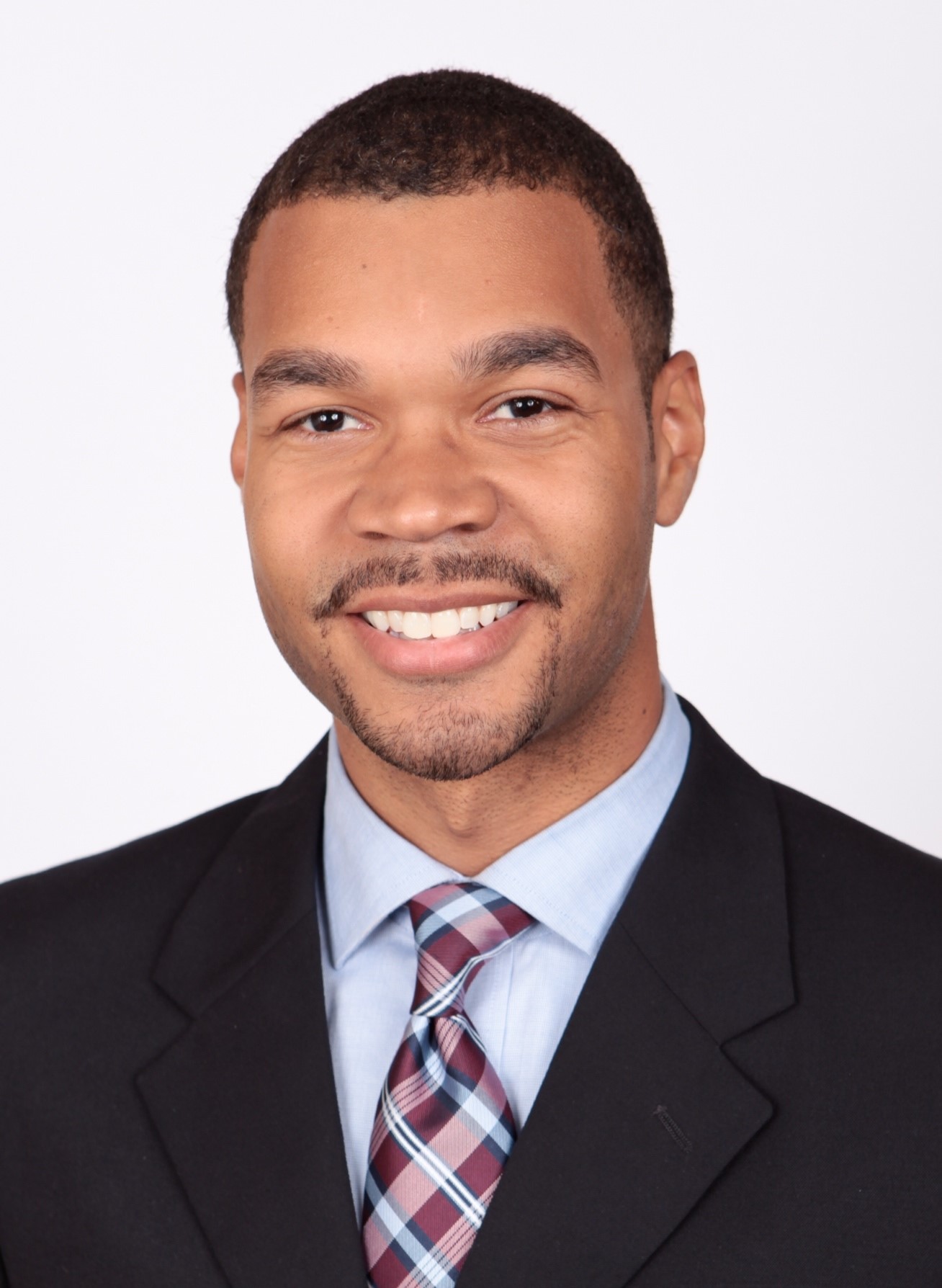 There is something about the World Cup that is simply captivating. I don’t consider myself a soccer fan, but I find myself watching as many World Cup highlights as possible.
There is something about the World Cup that is simply captivating. I don’t consider myself a soccer fan, but I find myself watching as many World Cup highlights as possible.
Maybe it’s the competitive spirit of wanting to see which country is the best. Maybe it’s just contagious to see so many other people enjoying the games. Maybe it’s the opportunity to see countries perform on a global stage.
What impressed me most so far was the performance by Japan. (Yes, I know they lost 2-1 against Ivory Coast.) It’s what their fans did after their game that made them champions.
After Japanese teams win sporting events, it is customary for fans to clean up their sections of the stadiums, as a sign of respect and appreciation for the team’s hard work. After Japan didn’t win in the World Cup, their fans decided to clean up the stadium anyway. Within minutes of the game ending, pictures began to circulate the Internet of Japanese fans filling trash bags in the stands.
How did all of these fans know to do this after their team lost? Was there a mass text or email sent to all of the Japanese fans? Did someone make an announcement over the sound system? The answer is obviously no.
I believe it was engrained in their culture. They believed it was a way to show respect and honor for their team, regardless of the game’s outcome.
Although they lost the match, Japan made an incredible statement on one of the world’s largest stages. Their fans chose to lead through service and action. They chose to be a difference. They didn’t do it for fame or recognition. They did it because they believed it was the right thing to do.
As a leader, what type of culture are you creating for your followers? Does your team fully understand your brand and what you represent? Are they empowered to make decisions? Do they understand that ethics do matter?
You don’t have to clean a stadium to make an impact, but embracing the spirit that compelled these fans to clean will help you and your team stay focused on being a difference to others.
Always remember, Leadership is a Lifestyle.
– Ryan W. Hirsch
Program Manager, NASBA Center for the Public Trust
 NASBA Center For Public Trust
NASBA Center For Public Trust 